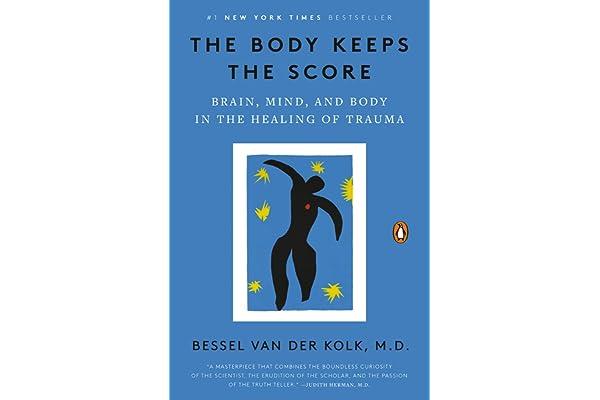Best Selling Popular Psychology Pathologies
In recent years, there has been a growing interest in the field of popular psychology. This is due in part to the increasing popularity of self-help books and the rise of social media, which has made it easier for people to share their personal experiences with mental health issues.
While popular psychology can be a helpful resource for people who are struggling with mental health problems, it is important to be aware of the potential for bias and misinformation. Some popular psychology books and articles can be based on anecdotal evidence or personal experience, rather than scientific research. This can lead to the spread of inaccurate or harmful information about mental health.
In addition, popular psychology can sometimes pathologize normal human experiences. For example, a book or article about "toxic relationships" may suggest that all conflict in relationships is a sign of a problem. This can be damaging to people who are in healthy relationships, but who are experiencing some normal disagreements.
It is important to remember that popular psychology is not a substitute for professional mental health care. If you are struggling with mental health problems, it is important to seek help from a qualified therapist.
Links to Best Selling Popular Psychology Pathologies
Some Common Popular Psychology Pathologies
The following are some common popular psychology pathologies:
- The "toxic relationship" myth
- The "empath" personality type
- The "highly sensitive person" (HSP) trait
- The "narcissist" personality type
- The "codependent" personality type
These are just a few examples of the many popular psychology pathologies that are circulating today. It is important to be aware of these pathologies so that you can avoid being misled by them.
How to Avoid Popular Psychology Pathologies
There are a few things you can do to avoid popular psychology pathologies:
- Be skeptical of claims that are not supported by scientific evidence.
- Remember that everyone is different, and what works for one person may not work for another.
- Seek professional help if you are struggling with mental health problems.
By following these tips, you can help to protect yourself from the potential harms of popular psychology pathologies.
Conclusion
Popular psychology can be a helpful resource for people who are struggling with mental health problems. However, it is important to be aware of the potential for bias and misinformation. By being skeptical of claims that are not supported by scientific evidence and by seeking professional help if you are struggling with mental health problems, you can help to protect yourself from the potential harms of popular psychology pathologies.
